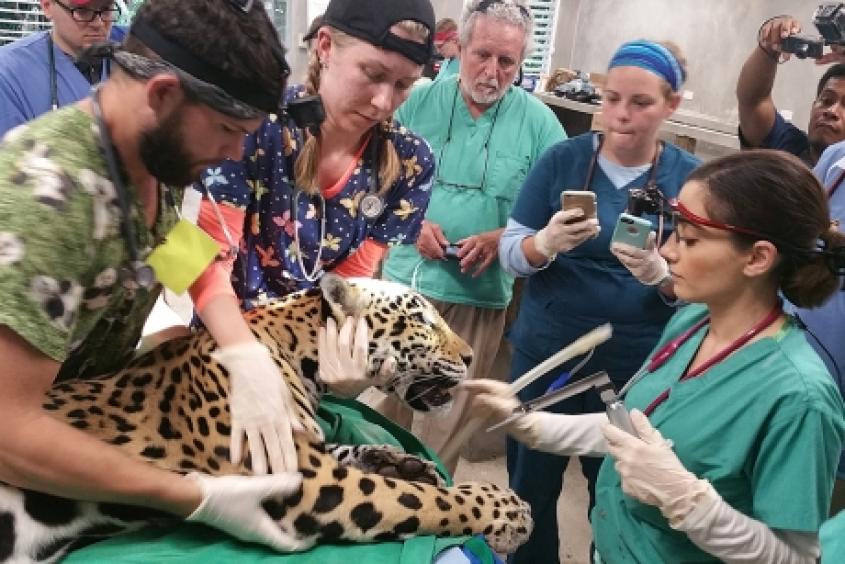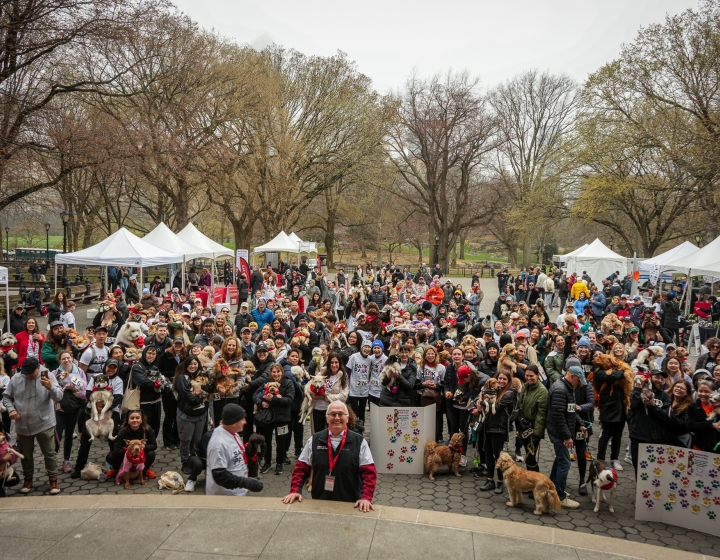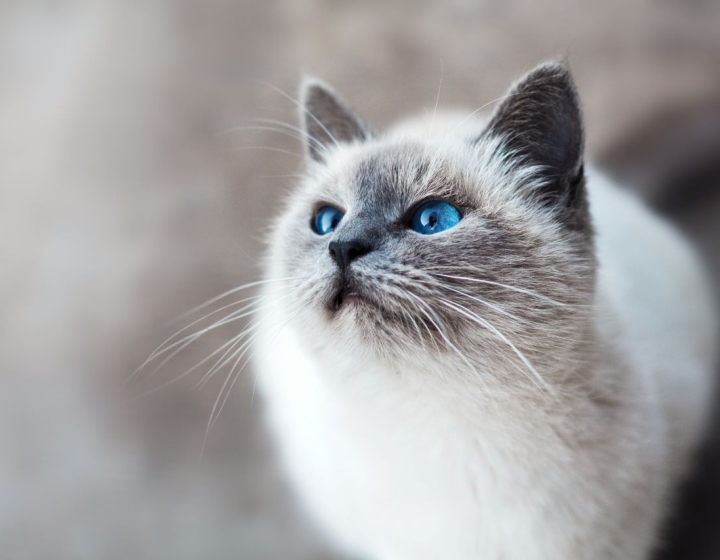CVM team cares for native species at Belize Zoo
Students at the Cornell University College of Veterinary Medicine can get an idea of what it’s like to care for wild animals, thanks to a partnership between the college and the Belize Zoo and Tropical Education Center in Central America. By working with clinicians in the zoo’s animal hospital, the students also contribute to efforts to save some species from extinction.
The Belize Zoo focuses exclusively on native species, exhibiting 170 animals representing 45 species, many of them at risk of extinction. The zoo doesn’t capture wildlife for its collection. Instead, animals arrive as orphans or rescues, or are treated at the zoo’s hospital for illnesses or injuries that preclude releasing them back into the wild.
The zoo also takes in “problem jaguars” that threaten or prey on domestic animals. In addition to providing veterinary care, the zoo emphasizes conservation and public education. The goal is to encourage Belizeans to take pride in their native species, so they will want to protect them and the habitats that sustain them.
Cornell’s partnership with the zoo began in 2011, when wildlife medicine professor George Kollias began taking students to Belize as part of a zoological medicine course.
“The Belize Zoo offers wonderful opportunities for veterinary students,” says Kollias. “Exposure to wildlife native to Central America provides a clinical experience they could not acquire anywhere else. It also helps to ensure the health and well-being of some of the most endangered animals on our planet.”
“Working with Cornell Vet School has provided the Belize Zoo with invaluable opportunities,” says zoo founder Sharon Matola, citing “quality vet attention for our special zoo animals and superb training opportunities for our animal management staff.”
Kollias and professor Santiago Peralta took the partnership to the next level in 2016, when they received a two-year grant from the John T. and Jane A. Wiederhold Foundation. The grant supports a project comprising four trips to the zoo for a week of hands-on clinical experience and instructional activities. The Belize Zoo provides housing, all meals, local transportation and an opportunity to work with and learn from a dedicated and hard-working Belizean staff.
Each team consists of faculty members; residents training to specialize in zoological medicine, dentistry and oral surgery, or anesthesiology; veterinary students; and a member of the veterinary technical staff. Peralta specializes in veterinary dentistry and oral surgery.
Some zoo animals “have diseases and conditions that are known to cause pain and discomfort,” says Peralta. “The prevalence of those conditions may be high. Some have severe dental and maxillofacial injuries. The zoo staff is critical for identifying the animals that require our specialized care.” An animal who is in pain may have difficulty eating or may not eat at all. “We’re really impacting the animal’s welfare and gaining a lot of additional knowledge,” he says.
“Zoo animals get a lot of the same diseases as domestic animals,” says Kollias. “Because management practices have improved at zoos in general, animals are living longer in captivity. This aging population results in more geriatric problems such as dental issues, musculoskeletal problems such as osteoarthritis, kidney disease, liver disease and cancer. Many zoo animals now live much longer in captivity than they would have in the wild.” Jaguars in the wild may live to be 13 to 15 years old, but the Belize Zoo had one that lived to be 24.
One major difference between wildlife and domestic animals is the much higher level of stress wild animals experience in a visit from the veterinarian. “Unless animals are conditioned or trained, physical exams or blood collection may be difficult or require general anesthesia, and if they are newly acquired from the wild there is no medical history,” Kollias added. “The work is challenging and we’ve had great successes. For us and for our students, it’s inspiring and fulfilling.”
Cornell DVM student William Fugina went to Belize this winter and is ready to go back. “I had a spectacular experience that was truly life changing,” he says. “I have never been more proud and excited to become a veterinarian than after witnessing the collaboration of such brilliant minds in treating these animals.”
“I hope to return to the Belize Zoo someday with more skills to help promote the amazing ongoing mission,” says classmate Zack Dvornicky-Raymond. “I definitely want to find ways throughout my career to do similar trips to other conservation institutions around the globe.”





